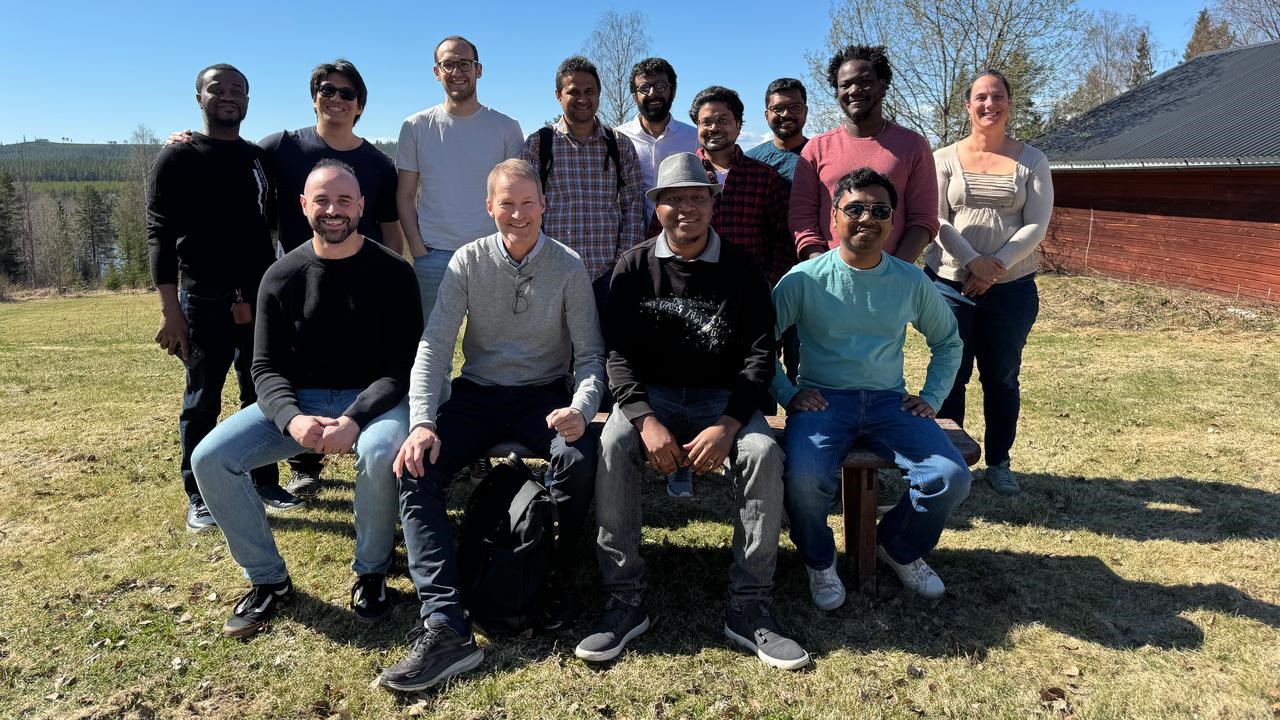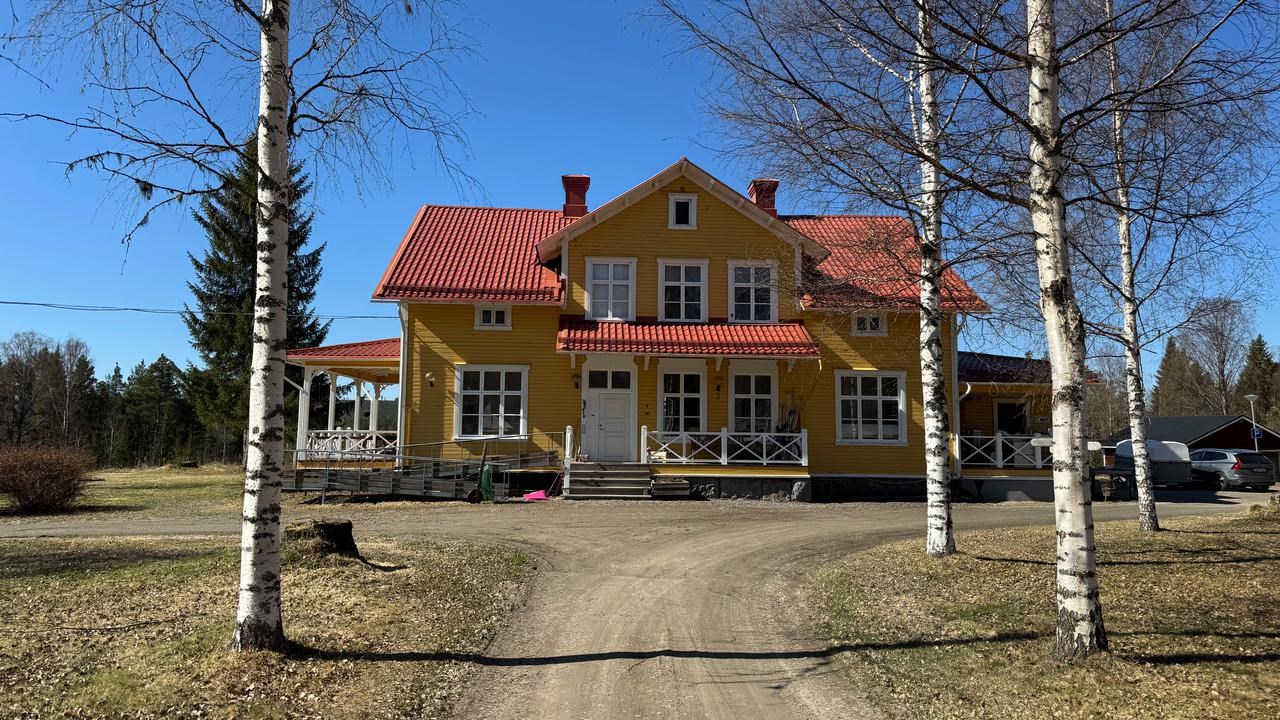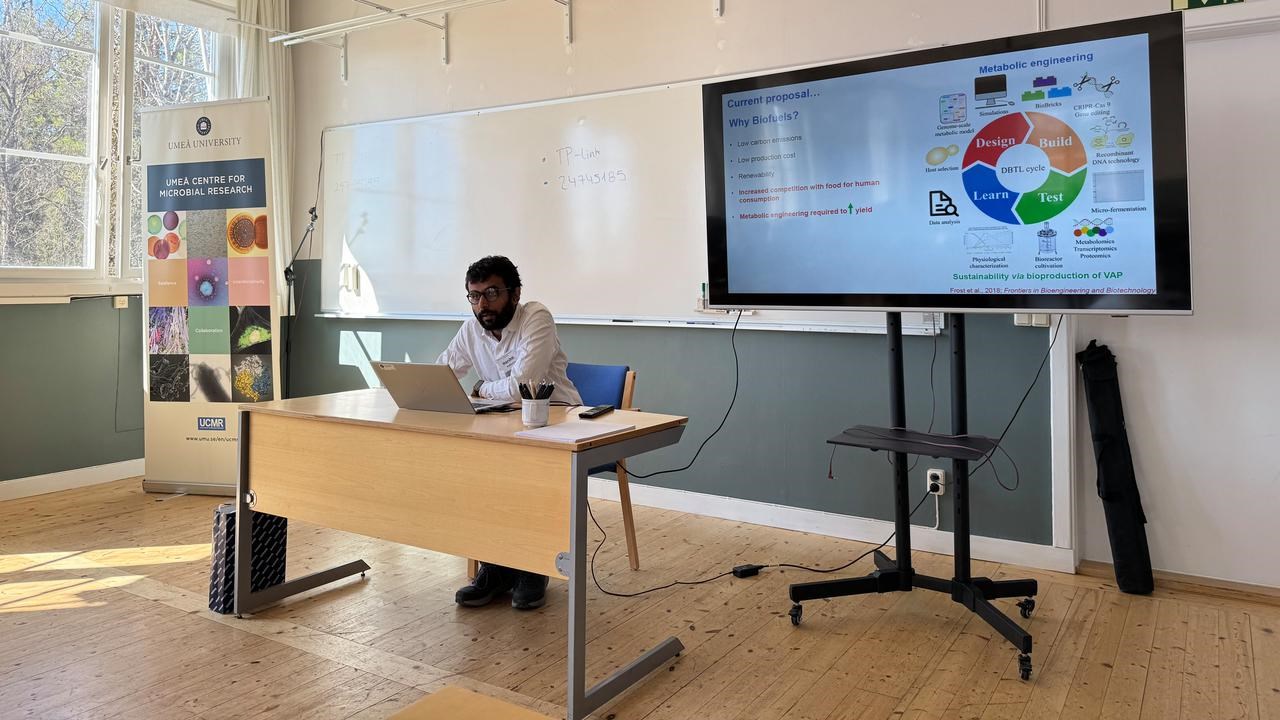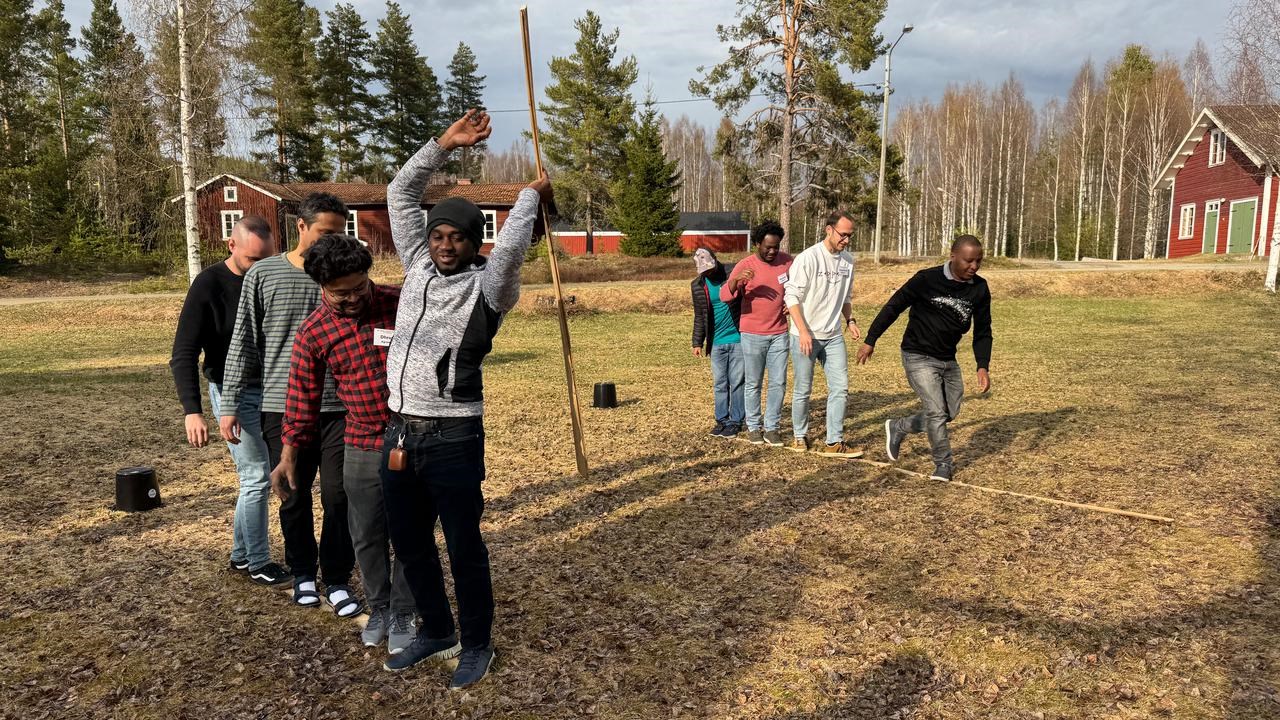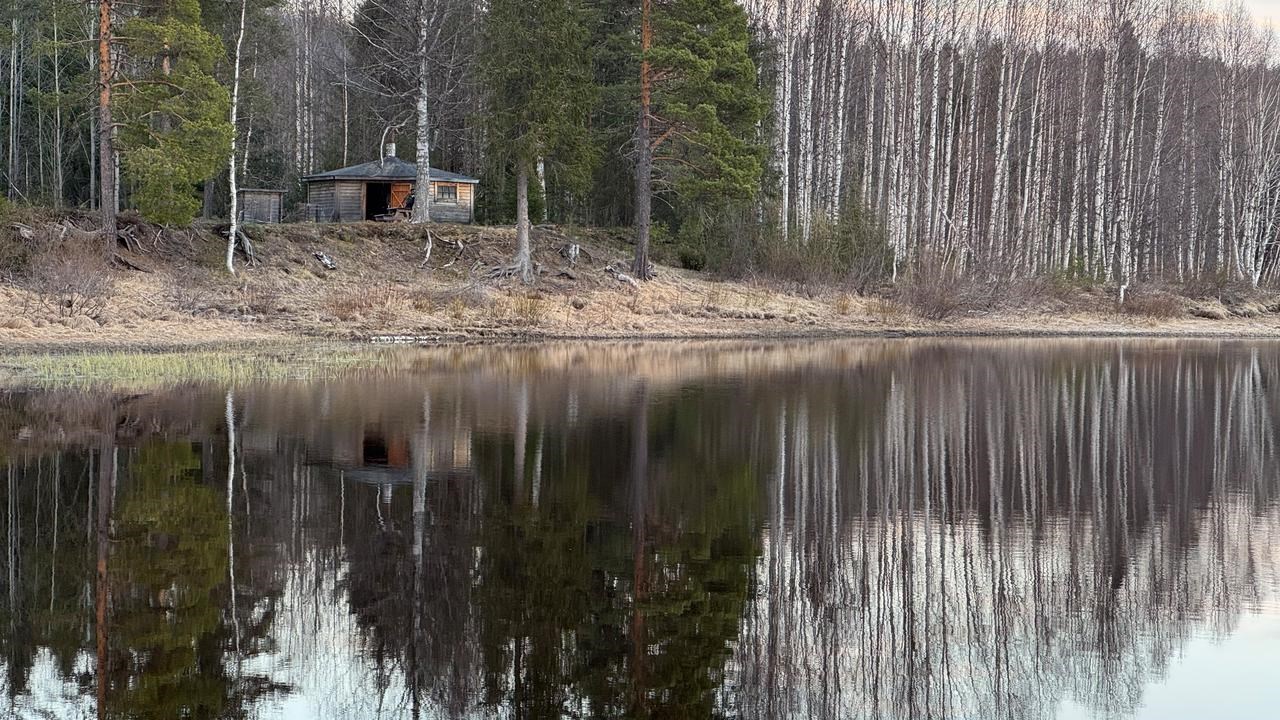About the 'Excellence by Choice' Postdoctoral Programme in Life Science
The two Swedish Centres of Excellence – Umeå Centre for Microbial Research (UCMR) and Umeå Plant Science Centre (UPSC) – at Umeå University are running the ‘Excellence by Choice’ Postdoctoral Programme in Life Science offering a highly interactive and multidisciplinary research environment.
The programme aims to encourage new synergies in life science with a focus on molecular and translational research, training outstanding young researchers, and stimulating cutting-edge research in Umeå. Patron for the programme is Nobel laureate Emmanuelle Charpentier, who discovered the CRISPR-Cas9 gene editing technology during her time as a scientist and group leader in Umeå.


